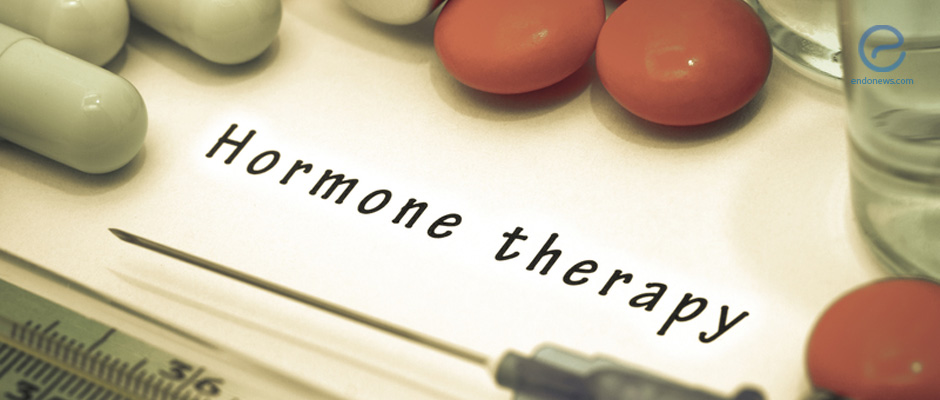MicroRNA-Mediated Hormone Dysregulation in Endometriosis
The expressions of certain micro RNAs and estrogen receptor (ER) beta are significantly upregulated while that of ER alfa is downregulated in the ectopic endometrium, according to a new study published in the scientific journal Biomedicines. However, the expression of…
Key Points Lay SummaryEndometriosis and Progesterone Resistance
Progesterone resistance is the unresponsiveness of endometrium with subsequent dysregulation of the progesterone signaling pathway, and endometrial gene works. Progestins, on the other hand, are the first-line treatment choice, especially for long-term treatment of endometriosis. In the clinics, one-third of…
Key Points Lay SummaryA novel contribution to patient management in endometriosis by immunohistochemistry
Dr. Tarumi and associates from the Kyoto Prefectural University of Medicine, Kyoto, Japan published their retrospective cohort study on the importance of progesterone receptors on recurring ovarian endometriosis in "The Journal of Clinical Endocrinology & Metabolism". Surgery for endometriosis is…
Key Points Lay SummaryLow-Dose Aspirin as a Potential Treatment for Endometriosis-Related Infertility
Treatment with low-dose aspirin could downregulate progesterone resistance and increase the expression of leukemia inhibitory factor (LIF) during the implantation window, according to a study that used a rat model of endometriosis. This, in turn, could improve endometrial receptivity and…
Key Points Lay SummaryMenstrual Blood Proteins for Endometriosis Diagnosis
Endometriosis is a gynecological disorder characterized by endometrial tissue outside the uterine cavity. The backflow of menstrual blood from the uterus through the fallopian tubes is thought to be the cause of endometrial tissue growing outside the uterine cavity when…
Key Points Lay SummarySteroid hormone receptors in endometriosis
Therapeutics that target the steroid hormones are the standard treatment for women with endometriosis because steroid hormones play an important role in endometrial physiology and pathogenesis of endometriosis. Examples of these therapeutics include anti-estrogens, estrogen receptor (ER) modulators, progestins, and…
Key Points Lay SummaryRegulation of Inflammation in Endometriosis
Endometriosis is an estrogen-dependent and multifaceted gynecological condition. Unfortunately, this disease frequently causes chronic and cyclic pelvic pain. Though there are several treatments are available, there is not an actual cure for this disease. Therefore, the development of new therapy…
Key Points Lay SummaryThe Effect of Imbalanced Progesterone Receptors-A/B on Gelatinase Expressions in Endometriosis
Endometriosis is a benign disease which affects approximately 10% of reproductive-aged women and is one of the most common reasons for infertility. Though the underlying mechanisms of disease progression have not been clearly understood, it develops as a consequence of…
Key Points Lay SummaryProgesterone Receptor Status in Endometriosis
Some patients do not respond to progesterone hormone therapy. In this study recently published in the Journal of Clinical Endocrinology and Metabolism, the authors led by Hugh S. Taylor from the Department of Obstetrics, Gynecology and Reproductive Sciences from Yale…
Key Points Lay SummaryReason Why Hormone Therapy Alone Cannot Cure Endometriosis Uncovered
Researchers in Belgium have shed light on why hormone therapy cannot cure endometriosis on its own in a study published in the scientific journal Gynecological Endocrinology. Their findings could shape the direction of future research and may help to find…
Key Points Lay Summary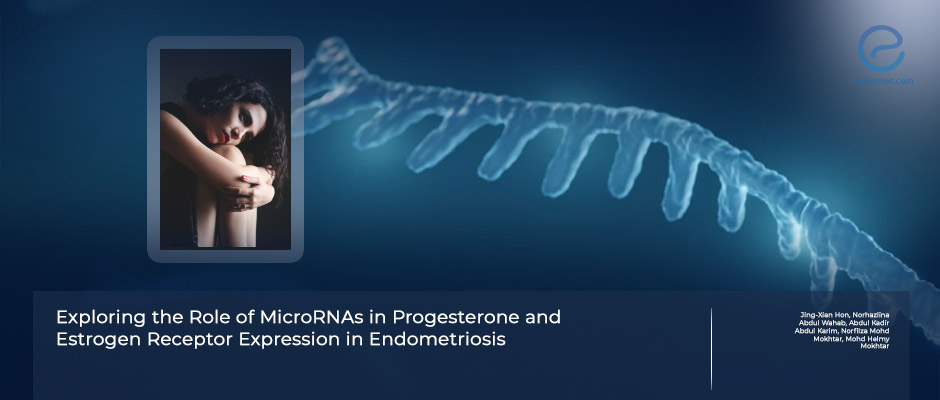
 By Özge Özkaya
By Özge Özkaya
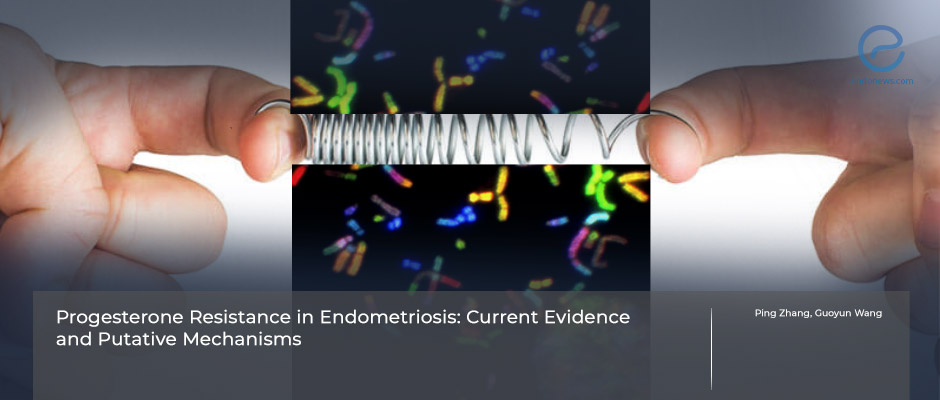
 By Selma Oransay
By Selma Oransay
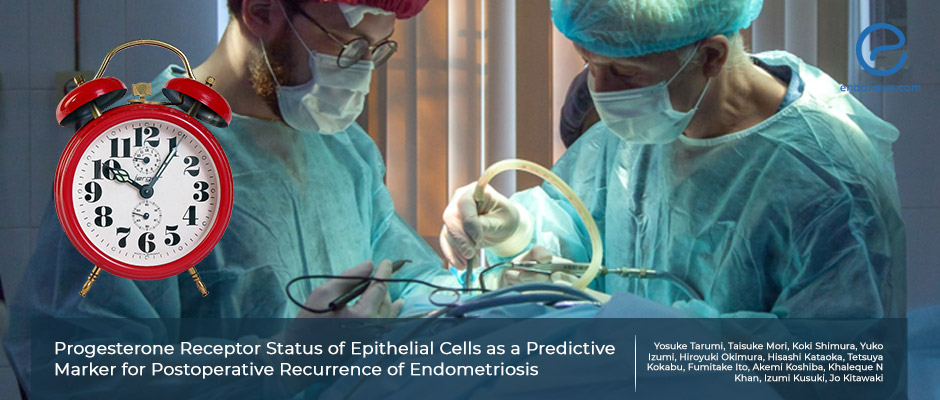
 By Nasuhi Engin Aydin
By Nasuhi Engin Aydin
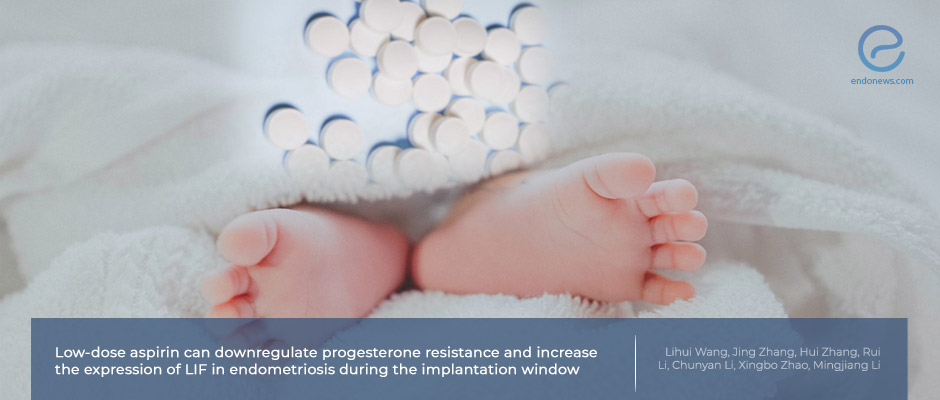
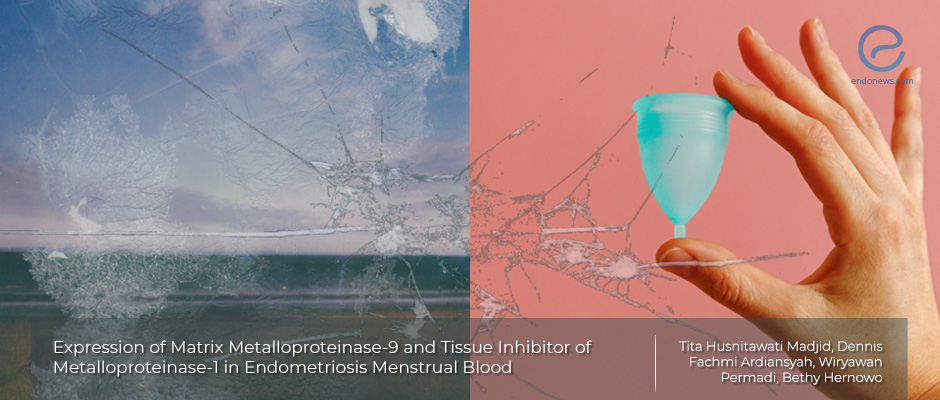
 By Ellen Tumimbang
By Ellen Tumimbang
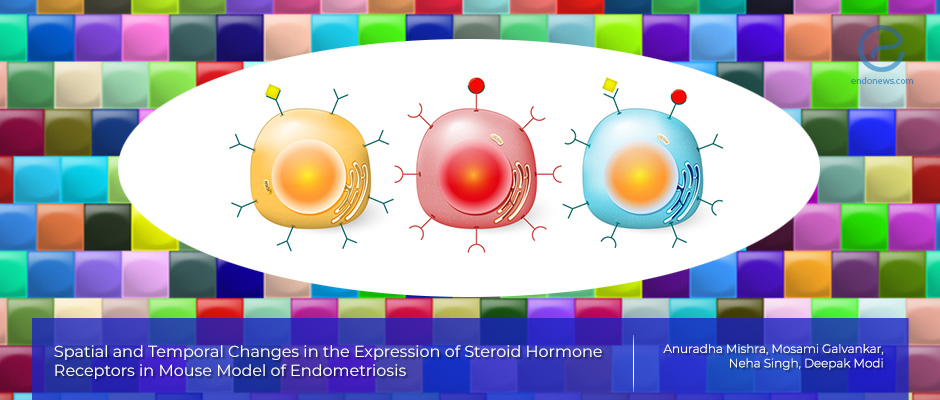
 By Yohan Suryo
By Yohan Suryo

 By Dr. Youngran Park
By Dr. Youngran Park
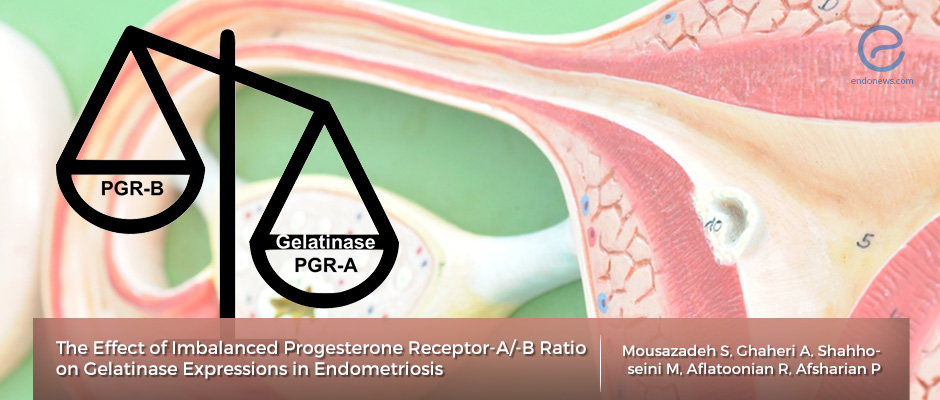
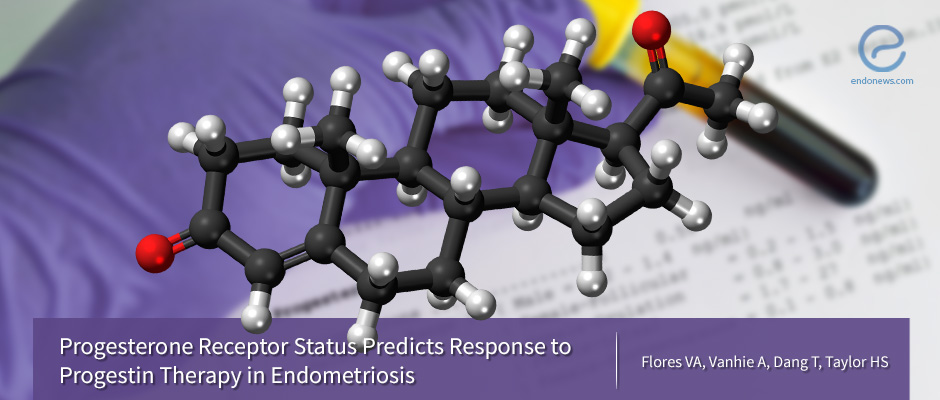
 By Serdar Balci
By Serdar Balci
